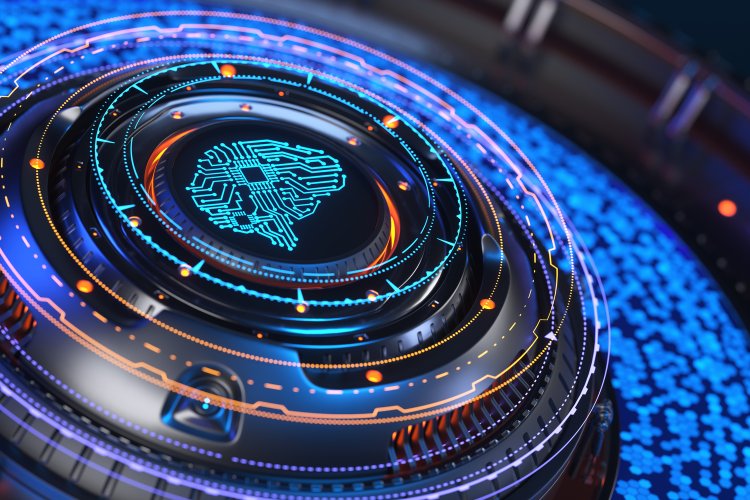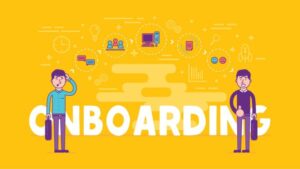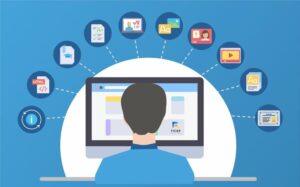AI-Based Educational Technology Tools That Make Life Easier

As artificial intelligence becomes more and more effective in every aspect of our lives, people ask, “In what other areas can we use this technology to help us?” They do research by asking questions. Education is one of the prominent areas in this regard. So, what aspects of education stand out? How can we integrate artificial intelligence into education?
New AI technologies are constantly emerging lately. Education and development professionals are also looking for ways to digitize and personalize education by making use of these technologies. It is possible to develop teaching strategies and facilitate some other processes with artificial intelligence-based educational technology tools. Let’s take a closer look at some of the best AI-based tools and how you can use them to make your professional life easier.
Language Learning Apps
AI-based language learning applications use various AI algorithms such as machine learning and natural language processing. This personalizes the language learning process and provides real-time feedback. You can use app data to track users’ progress and personalize training by identifying where they need improvement. Another of the advantages of using AI-integrated language learning apps is their ability to encourage error-oriented learning without breaking self-confidence. In order to continuously improve their fluency in the language, users can objectively and instructively evaluate the mistakes they make during the learning process, resulting in a more natural language learning process.
Adaptive Learning Systems
Adaptive learning systems are another educational approach that can leverage AI algorithms to provide personalized learning experiences for each user. These systems are designed to identify each user’s strengths and weaknesses and provide activities to help them fill knowledge gaps. To choose the right system for your users, you should consider factors such as their technical experience, their expertise, and the system’s core AI features. You should also ensure that the proposed activities are aligned with the training objectives and desired outcomes.
AI-Based Curriculum Platforms
AI-based curriculum tools can help educators design and implement effective learning paths. These tools can be used to provide personalized curriculum recommendations by analyzing data about the user’s performance, interests, and learning preferences. These platforms will help you tailor your training as an educator to the individual needs of users. In this way, you can adjust the speed of the training according to the user, have different activities or assignments done, or add different multimedia elements.
Grammar Tools
Artificial intelligence-powered grammar tools help users improve their writing skills by providing real-time feedback on grammar, spelling, and syntax errors using machine learning. You can integrate these tools into your training portal. For example, you can use it as part of writing assignments or as a vocabulary exercise. However, you should be careful while using these tools that are not yet fully mature. Because artificial intelligence tools still have the possibility of making mistakes.
User Data Analysis
AI-based user data analytics can process big data such as scores, attendance records, and behavior. As an educator, you can follow these data analyzes and tailor your education to the insights to improve your curriculum design. For example, if the data shows that most users are having trouble at some point, you can add reinforcement lessons or divide the topic into less complex subtopics.
Evaluation Practices
Grading essays and exams is extremely time consuming. Artificial intelligence-based assessment applications help you perform automated assessments to save time. In this way, you can identify the knowledge gaps of the users as quickly as possible, and use additional resources if necessary. When choosing your AI assessment app, you should consider its cost, ease of use, and compatibility with other platforms you may have. Next, you must define the evaluation criteria and train the app to get accurate results.
Accessibility Tools
AI-based accessibility tools help users with special learning needs access educational materials. Let’s briefly talk about a few points you should consider:
Speech diagnostic tools help deaf people and those who may have difficulties in reading and writing by converting spoken language into written text .
- Text-to-speech tools read text aloud to assist visually impaired users with reading difficulties.
- Subtitle tools automatically create subtitles for videos and other multimedia content.
- Language translation toolstranslate text into different languages to make it easier for users to understand.
Chatbots (Chatbots)
AI chatbots provide support and guidance to users, helping them conduct research and better understand complex materials. For example, users can use chatbots to find the right study materials and resources for their research. But educators need to constantly monitor chatbots, because users can use these tools for copying.
By harnessing the power of AI-based education technology tools, educators can provide high-quality, cost-effective education to more users and ultimately lead to a fairer and more effective education system. But after all, AI is a machine, so it needs to be controlled by humans to some degree. As an educator, you must make it your technology mission to find the best tool in your teaching strategy to help users reach their full potential.






